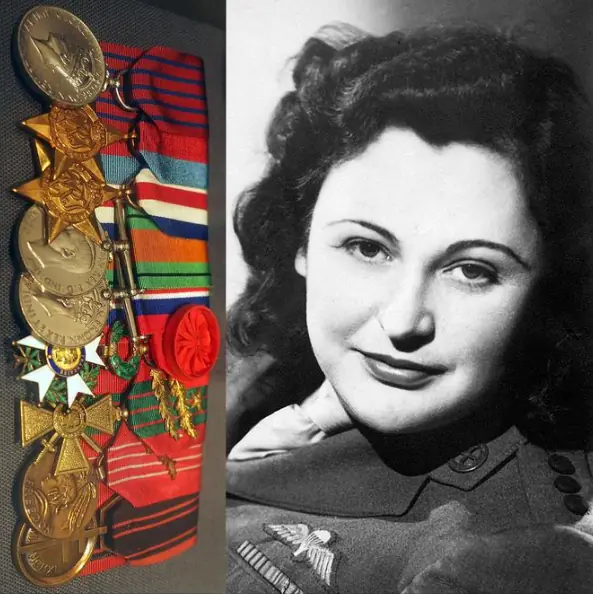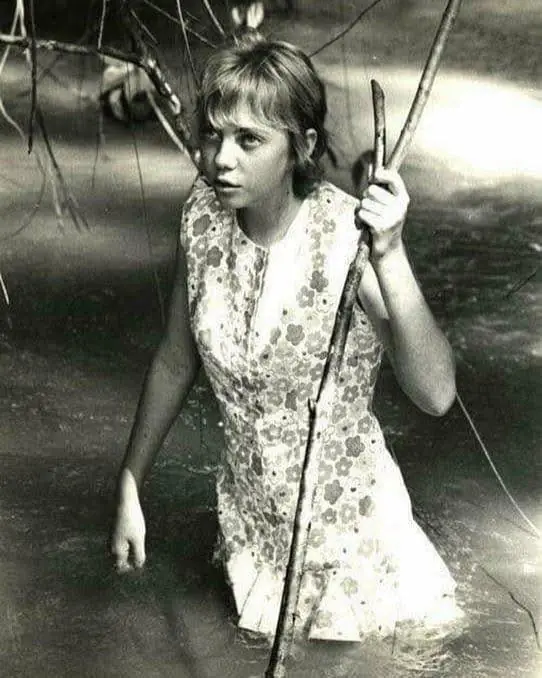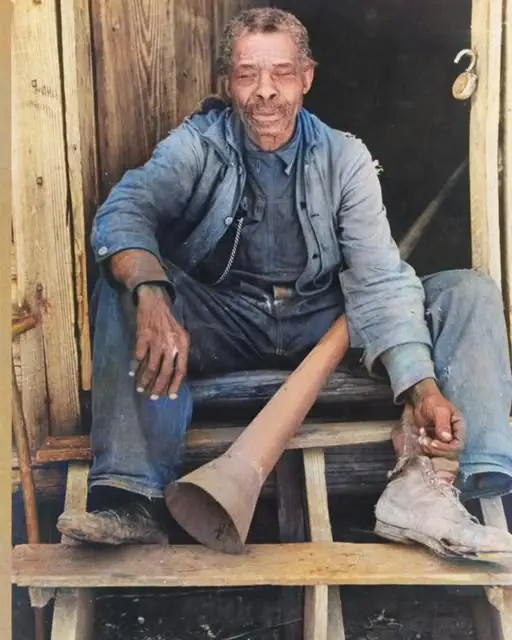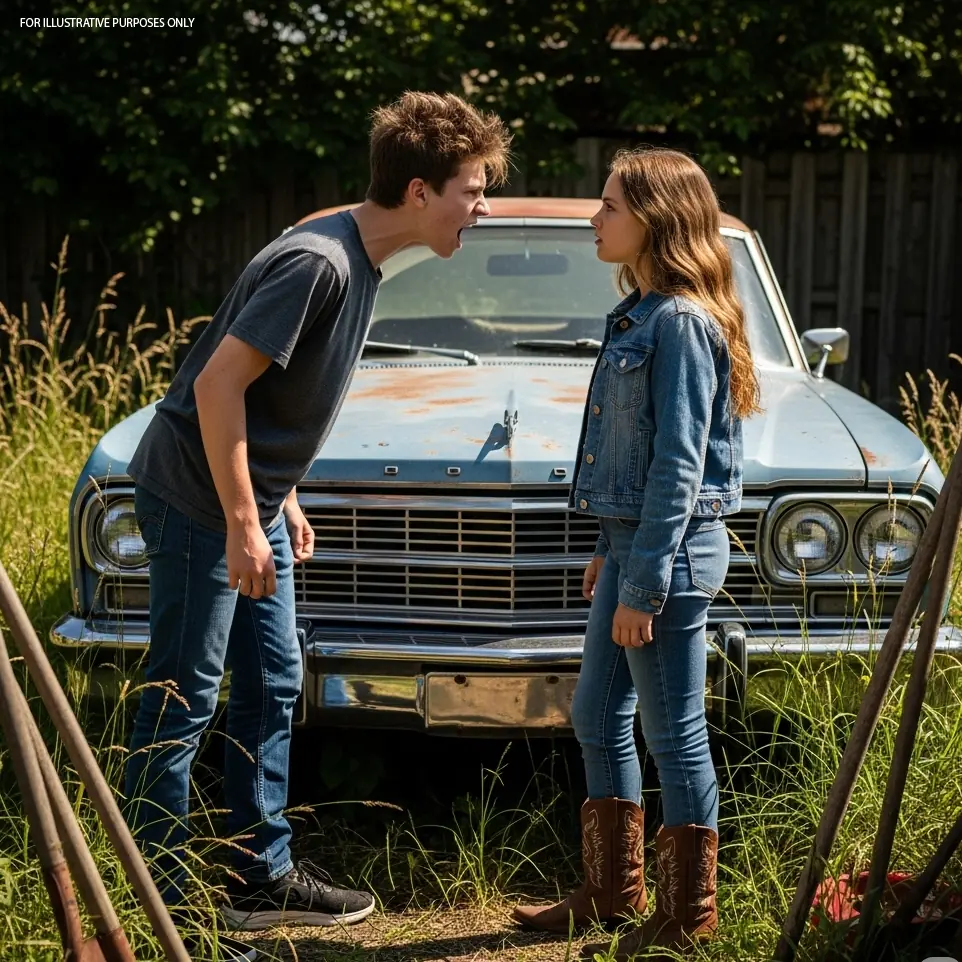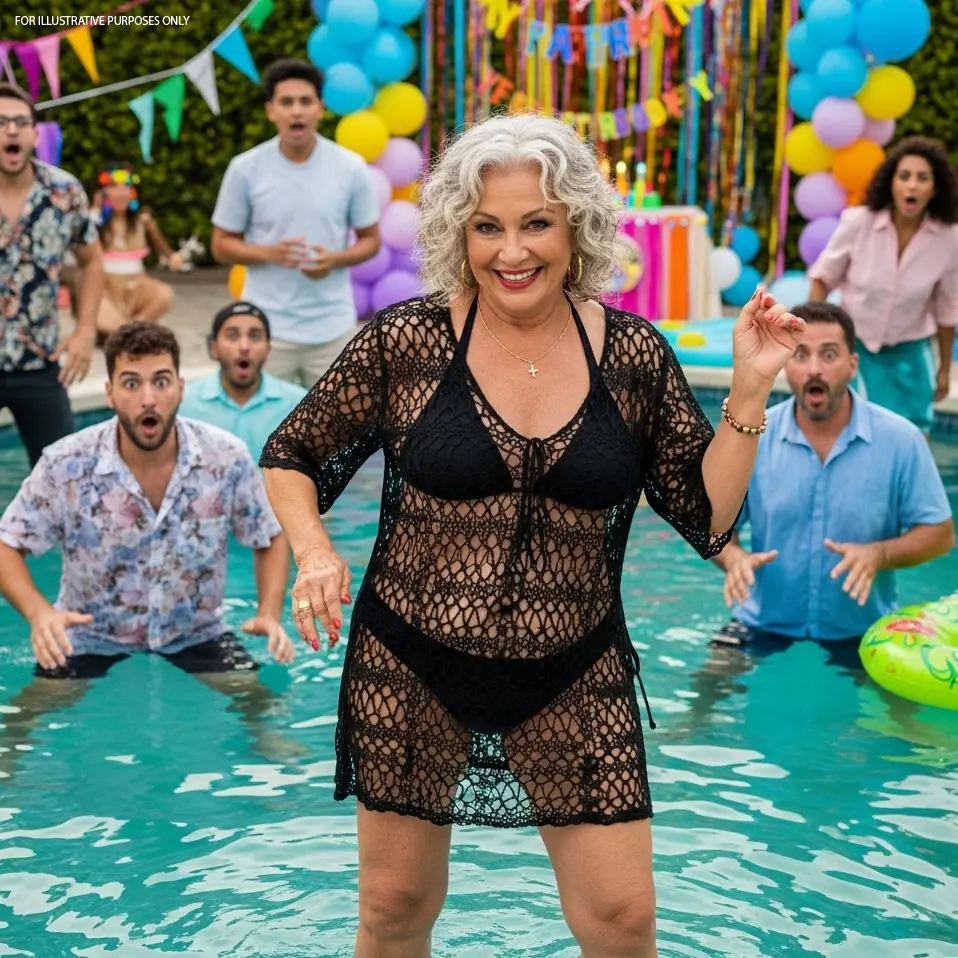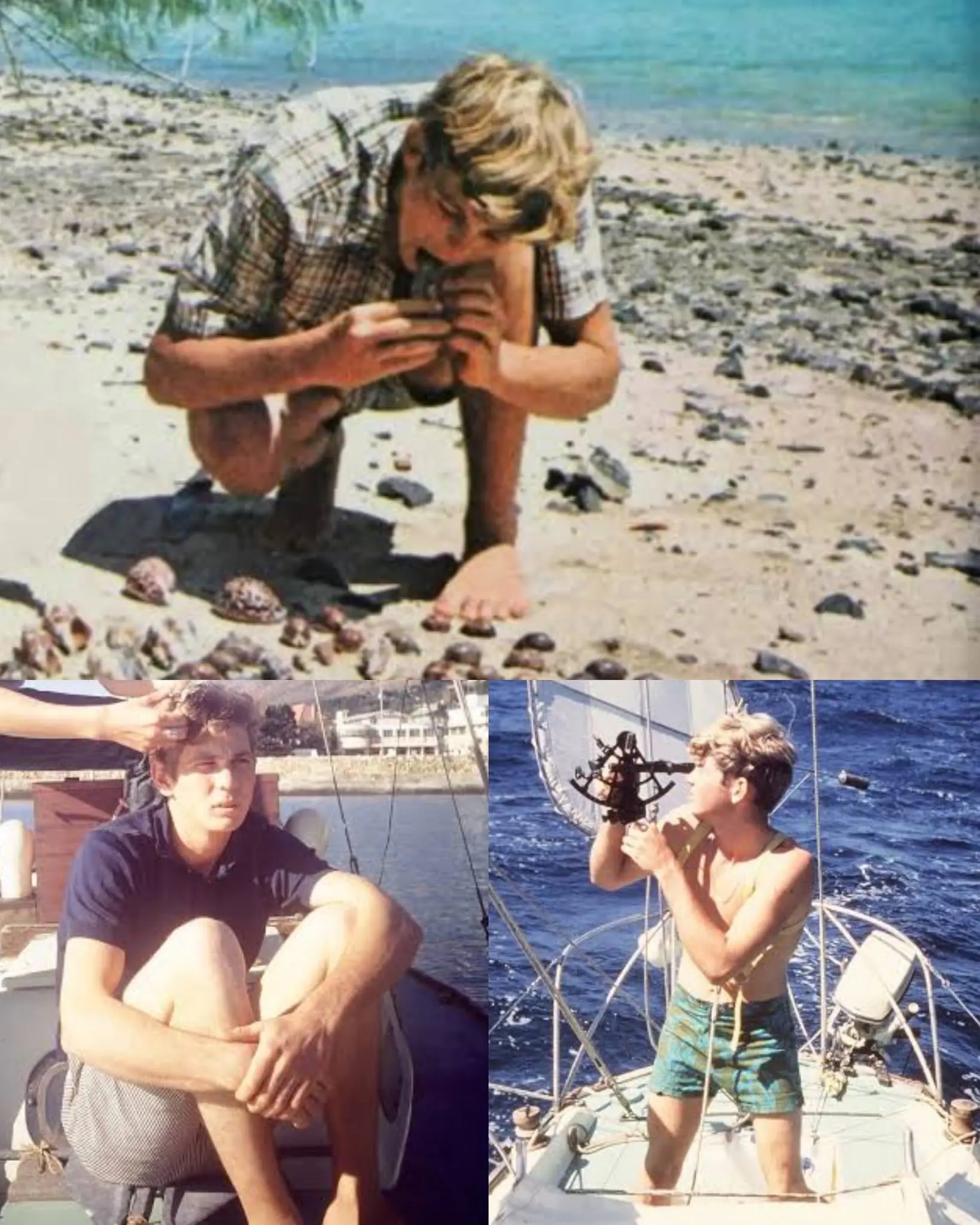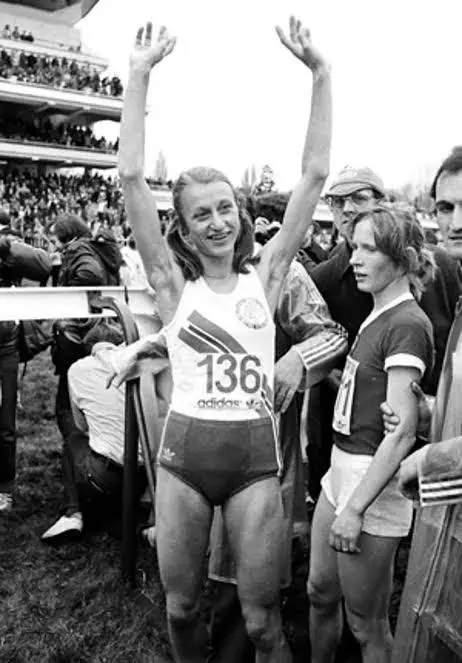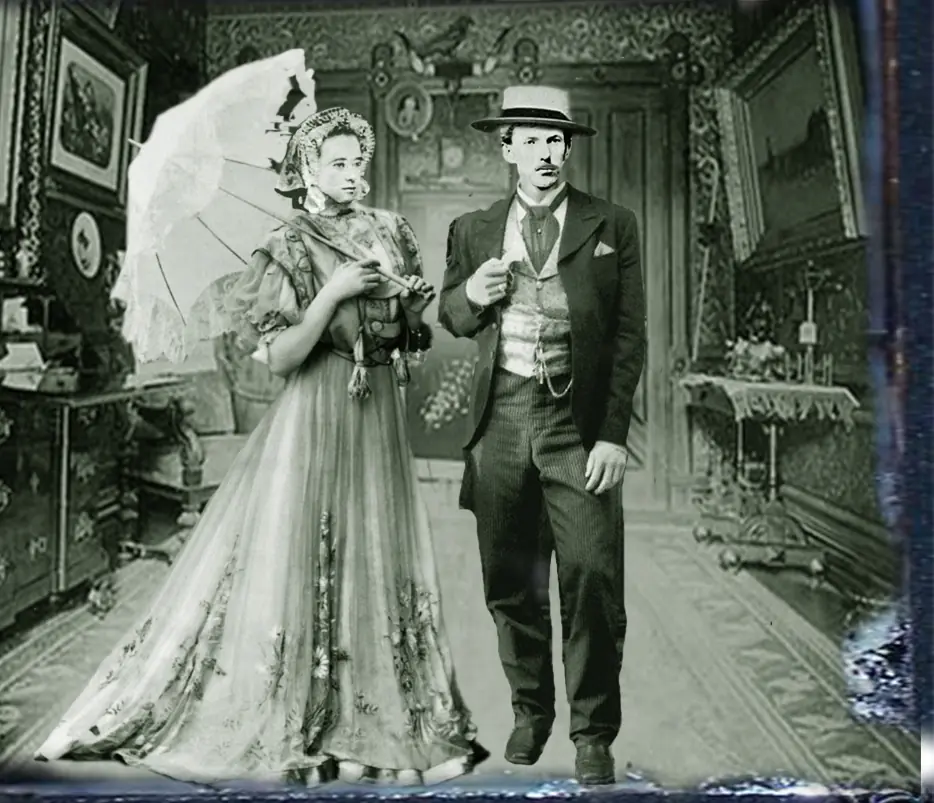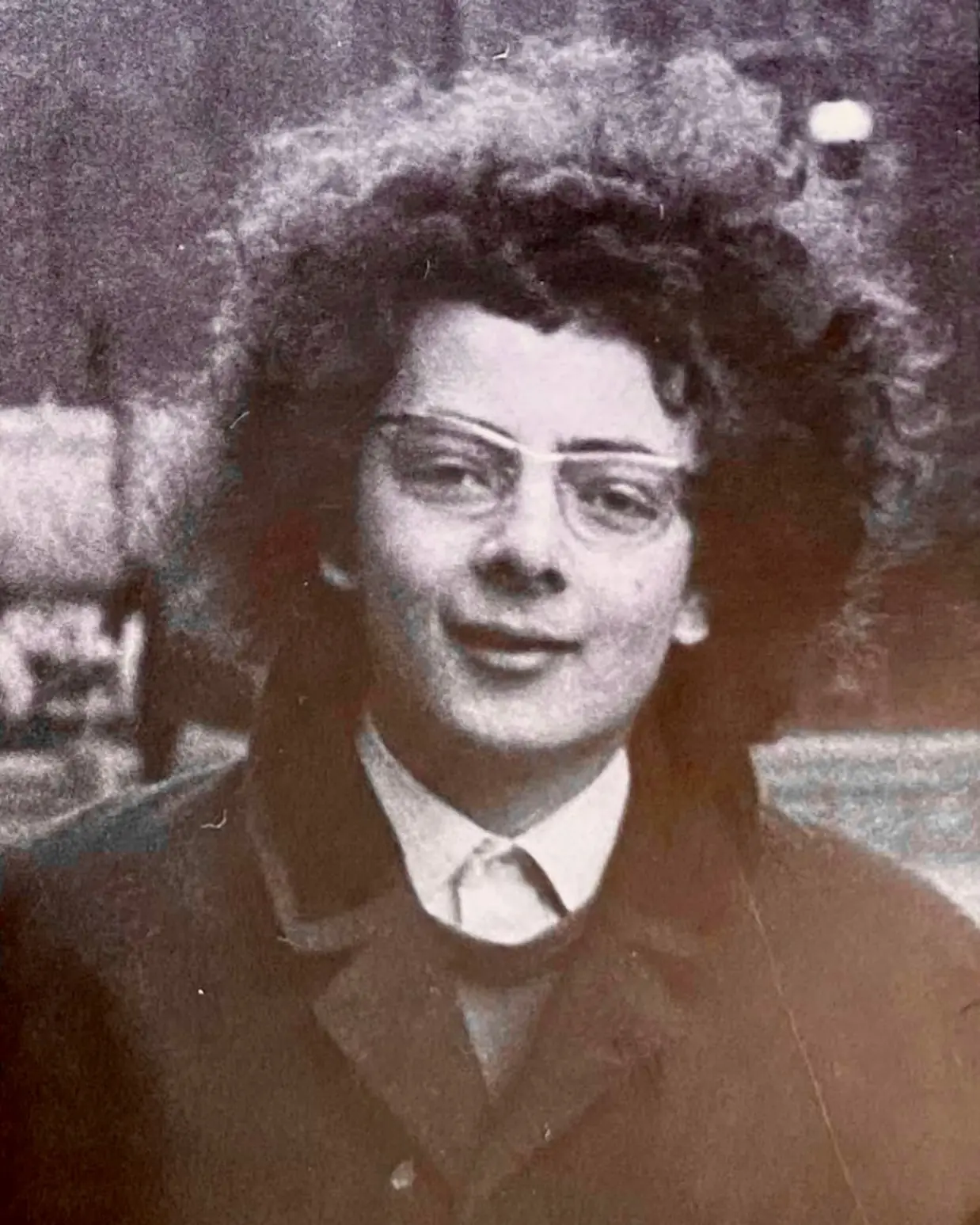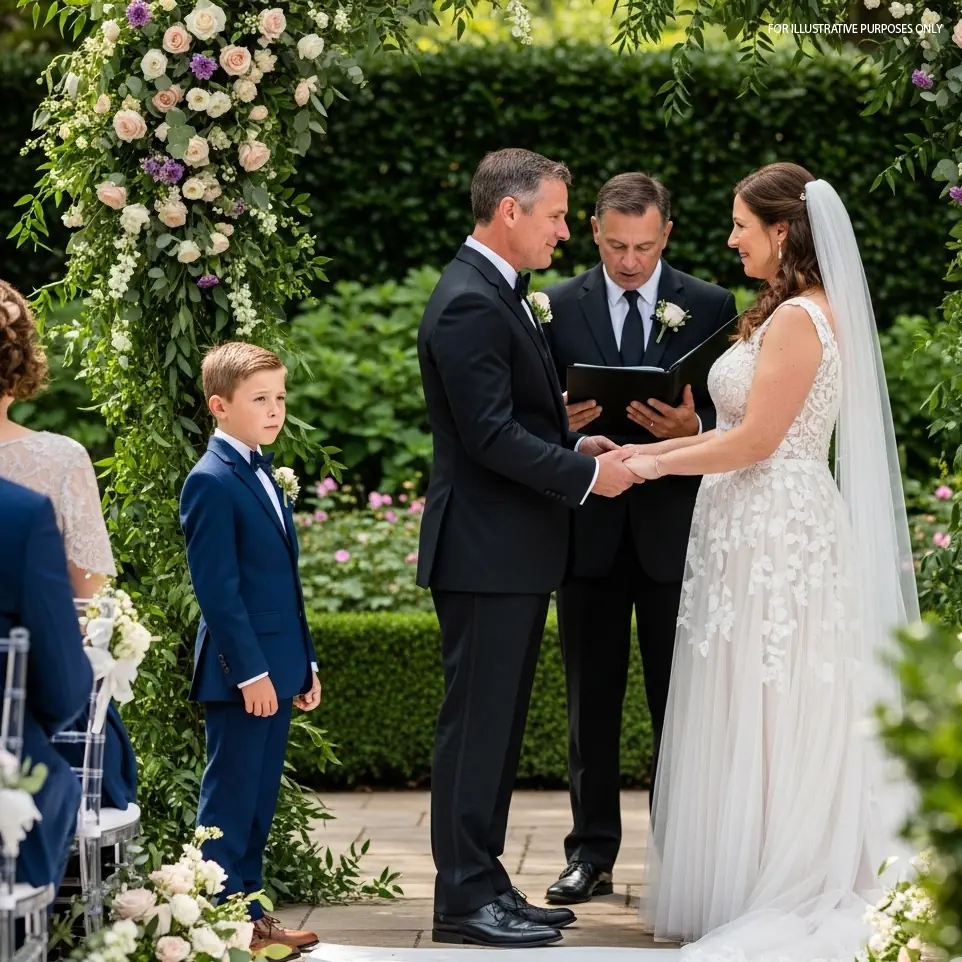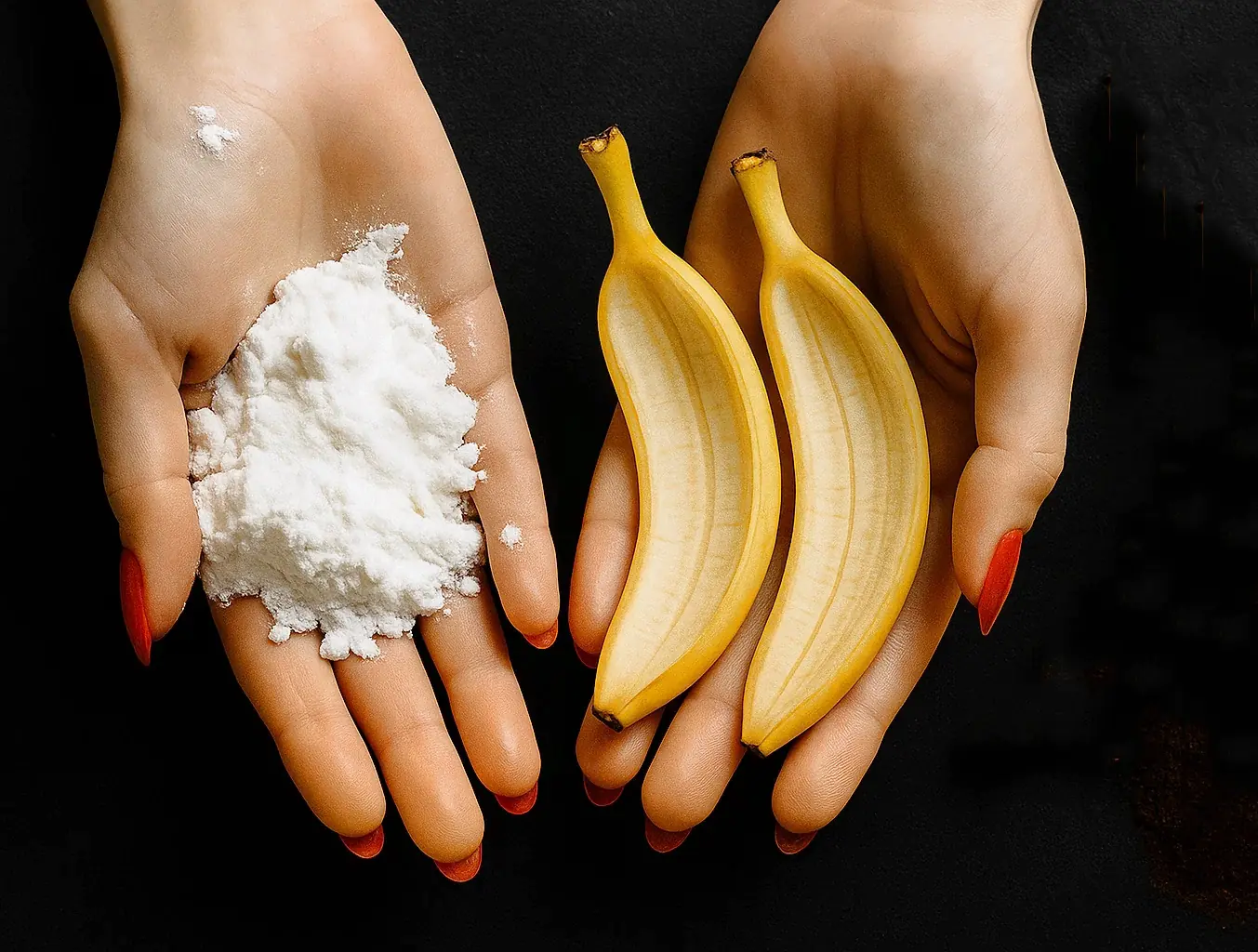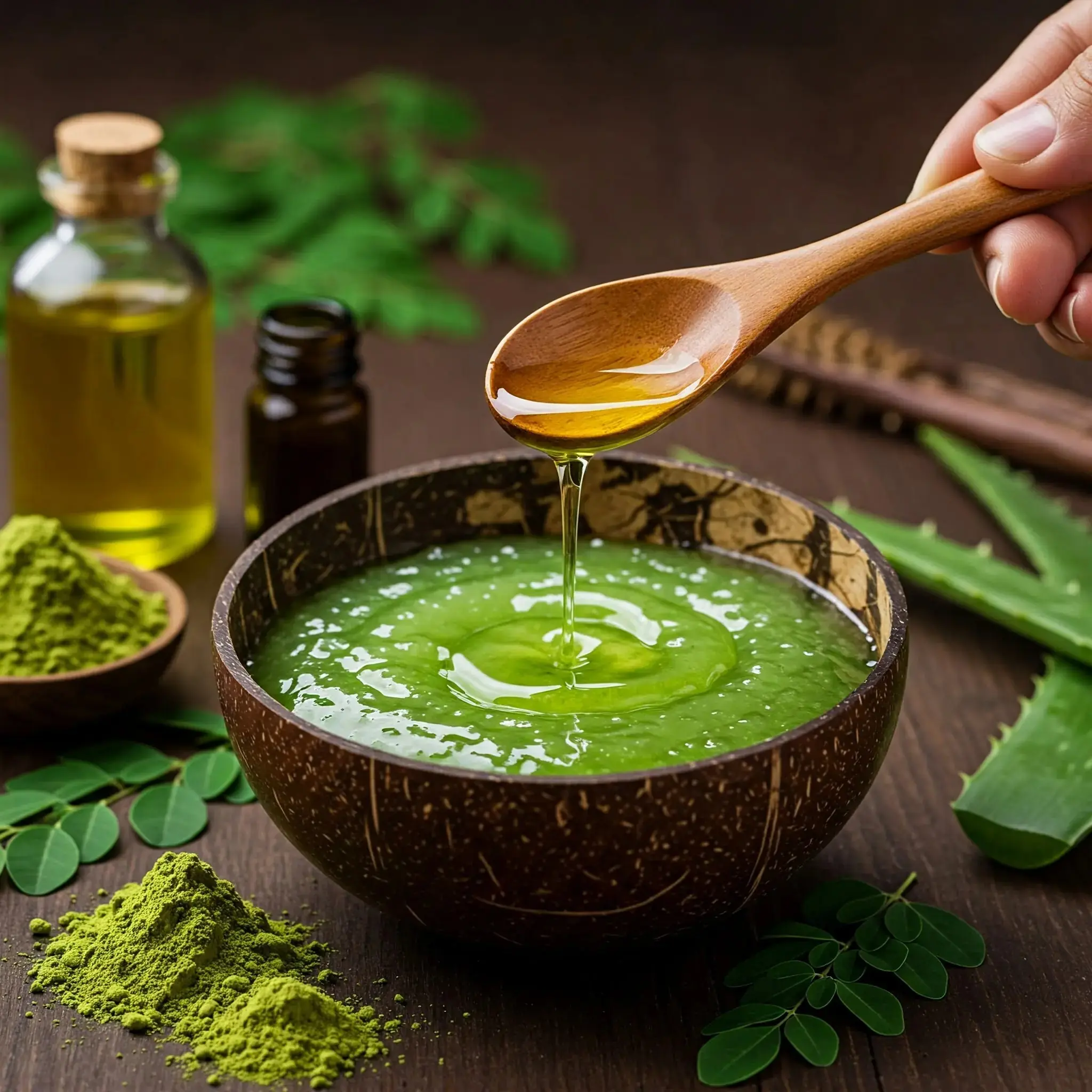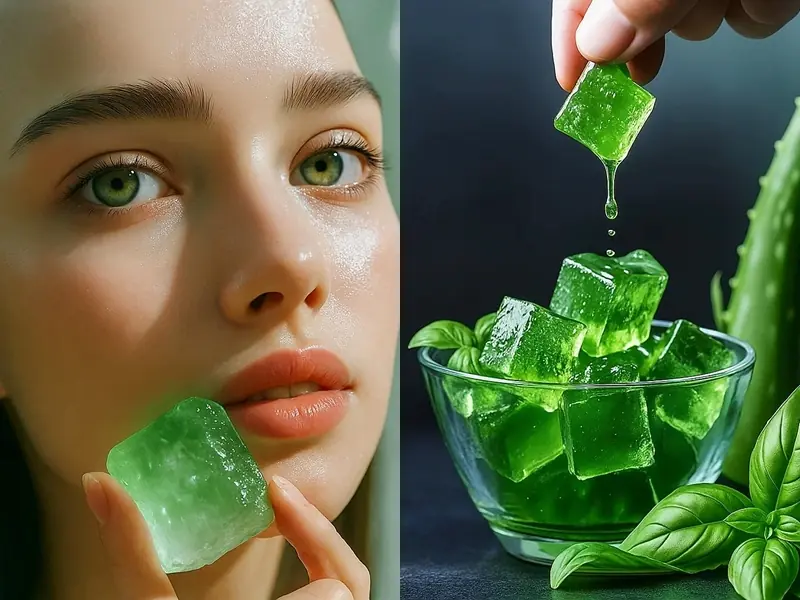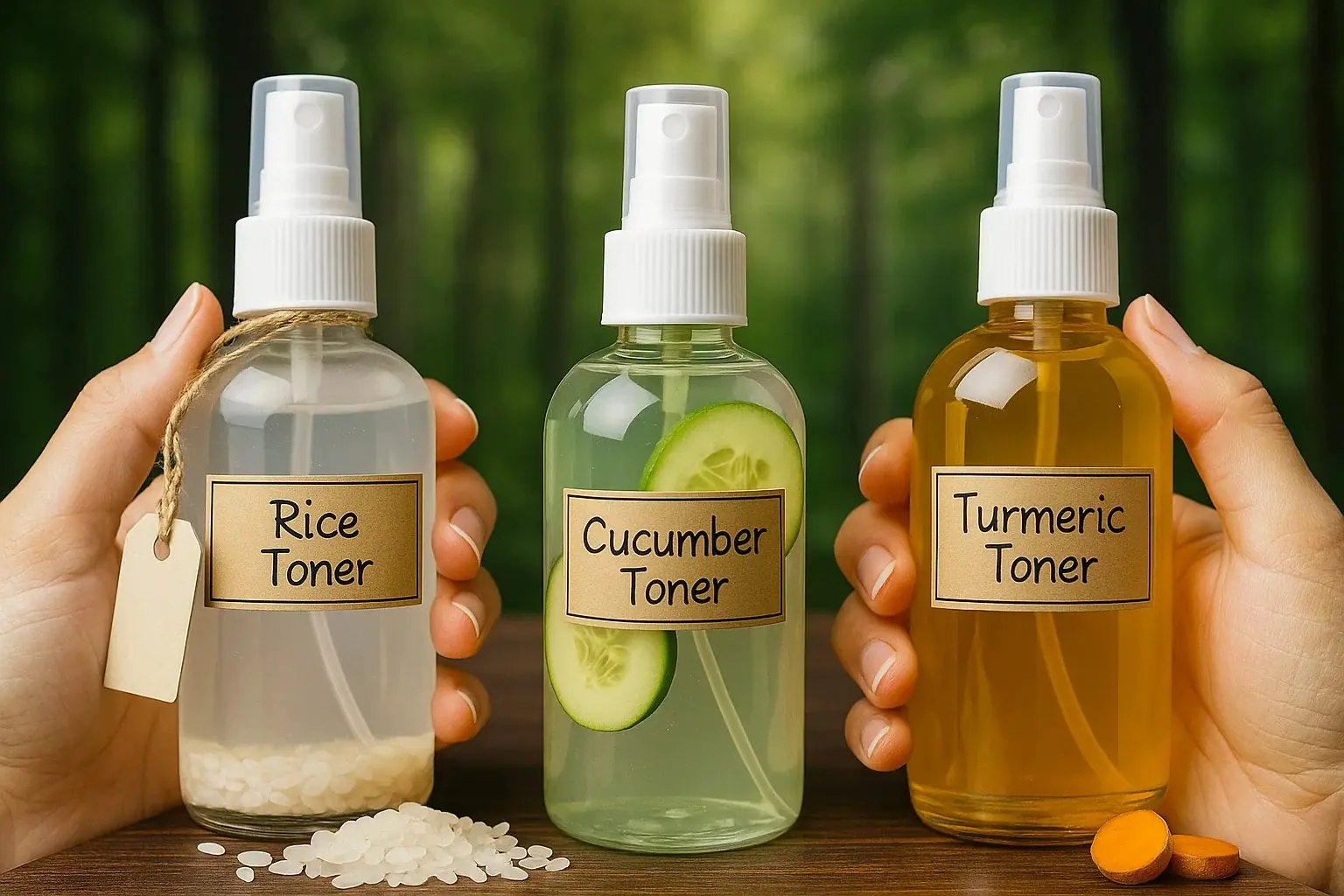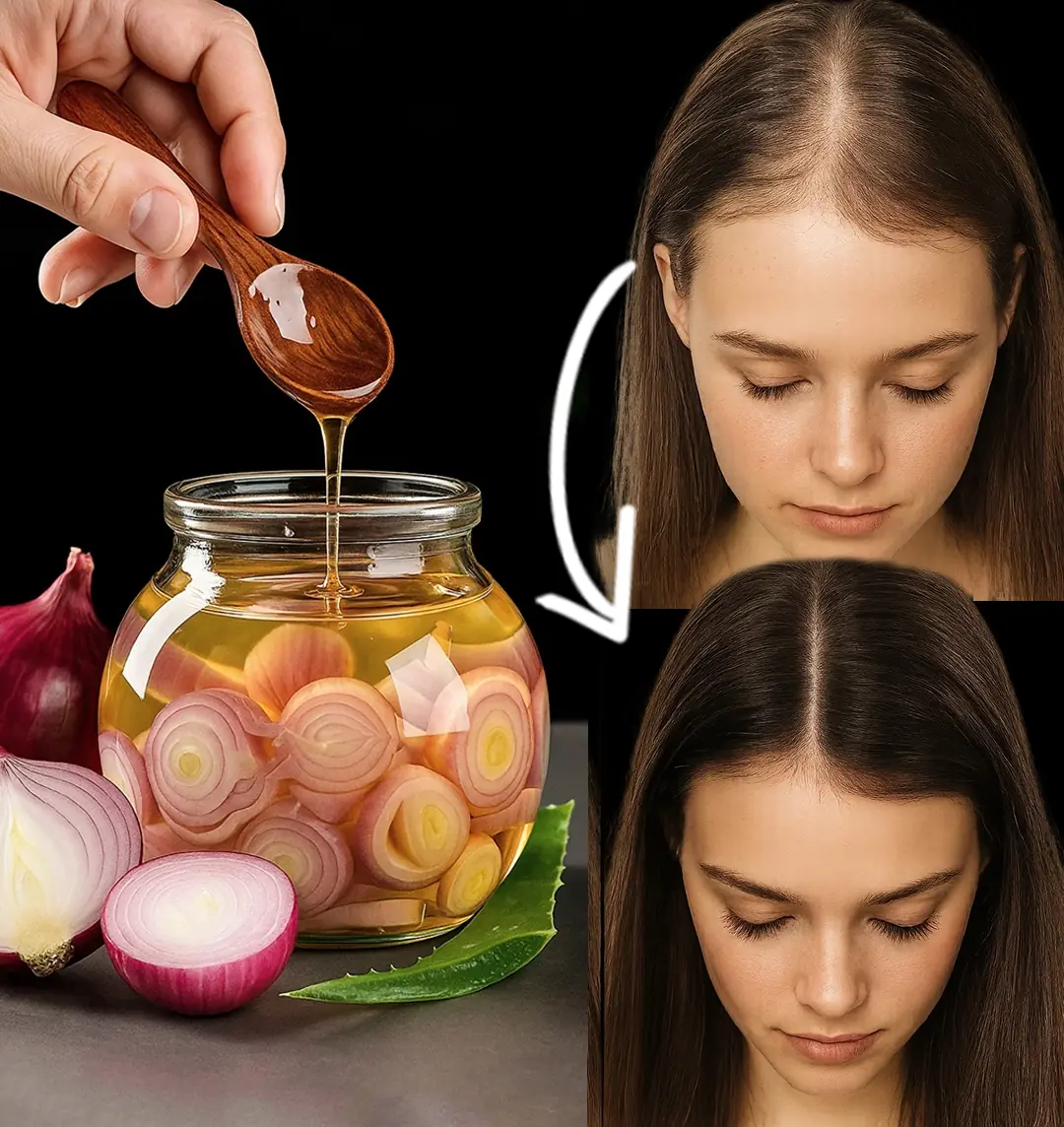Uncover the rich, often untold, history of Black bartenders as cornerstones of American cocktail culture. Explore the revolutionary contributions of Tom Bullock, Cato Alexander, and John Dabney, whose innovations shaped iconic drinks long before the Roari
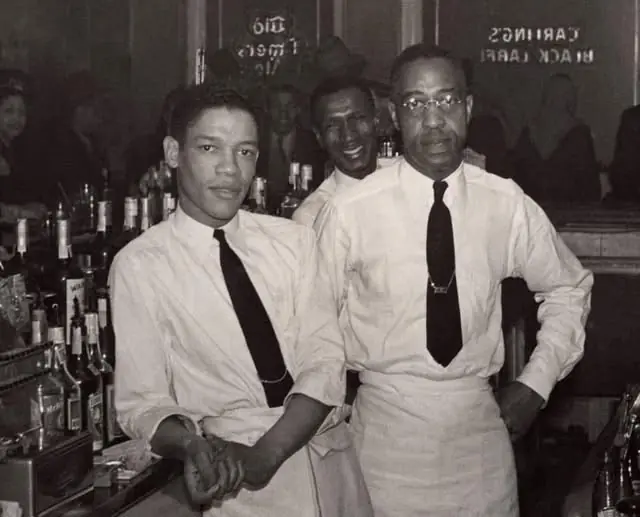
From the earliest days of European colonization, Black individuals have been instrumental in the art of mixing drinks in America. Long before the Roaring Twenties popularized the intricate craft of mixed beverages, historical records suggest that many foundational American cocktails were indeed the ingenious inventions of Black mixologists. These pioneering figures are, in many ways, the true cornerstones of modern cocktail culture, yet their profound contributions have often been overlooked.
Following the American Revolution, saloon-keeping emerged as one of the few viable occupations open to free Black men in the fledgling nation. Consequently, any region with a significant free Black population soon saw the rise of Black-owned saloons catering to their communities, and many Black bartenders also thrived in establishments serving diverse clientele. This unique societal position allowed for the development and mastery of mixology skills that would profoundly influence the nascent American bar scene.
Trailblazers Behind the Bar: Iconic Black Mixologists
Among these early and influential figures were several who achieved widespread acclaim for their unparalleled talent:
-
Tom Bullock: A celebrated figure in the early 20th century, Tom Bullock gained renown for his exceptional Mint Juleps. His historical significance was cemented in 1917 when he authored The Ideal Bartender, becoming the first African American to publish a cocktail book. This invaluable work includes recipes for both Kentucky and St. Louis style Mint Juleps, alongside other distinctive creations like the Blood Hound, Pequot Semer, and the intriguing Onion Cocktail. Cocktail historian David Wondrich also credits Bullock with potentially inventing the Stone Sour, a sophisticated variation that many believe predates and influenced the modern Amaretto Sour.
-
Cato Alexander: Known throughout the United States for his extraordinary mixing prowess, Cato Alexander cultivated a dedicated following for both his expertly crafted drinks and his welcoming hospitality. Operating in the early to mid-19th century, Alexander's establishment in New York was a celebrated hub, drawing patrons eager to experience his unique libations and engaging presence. His name became synonymous with the burgeoning American cocktail scene, solidifying his status as an early celebrity mixologist.
-
John Dabney: Born into slavery in Richmond, Virginia, in 1824, John Dabney transcended his circumstances to become a highly respected mixologist. He, too, garnered a devoted following for his exquisite drinks and his skills as a host. His signature creation, the "Julep a la Dabney," was a drink reserved for those he held in the highest regard, symbolizing his artistry and the esteem in which he was held by his clientele. Dabney’s inventive approach to the Mint Julep, often featuring elaborate garnishes and meticulously shaved ice, left a lasting mark on the drink's evolution.
A Legacy Woven into Every Sip
While the Roaring Twenties may have popularized the flamboyant consumption of mixed drinks, the very roots of many quintessential American cocktails trace back to the often-uncredited genius of these Black mixologists. Many worked diligently in various establishments, quietly yet expertly mixing some of the most important drinks in the burgeoning bar culture. Indeed, what would the iconic Kentucky Derby be without its signature Mint Julep? And the subtle nuances of the Stone Sour, widely believed to be Bullock’s invention, certainly laid groundwork for drinks enjoyed today.
The contributions of Black bartenders are not merely footnotes but foundational chapters in the narrative of American spirits. Their innovation, skill, and entrepreneurial spirit in a challenging societal landscape paved the way for the vibrant and diverse cocktail culture we celebrate today. Recognizing and honoring these pioneers of mixology is essential to fully understanding the rich tapestry of American culinary and beverage history.
